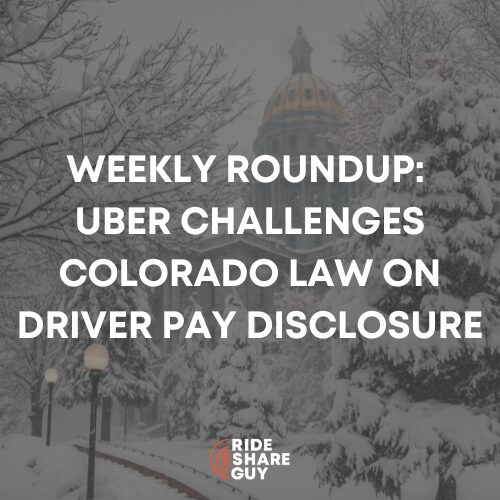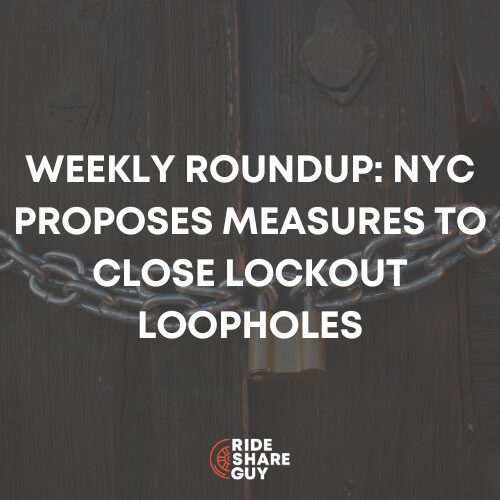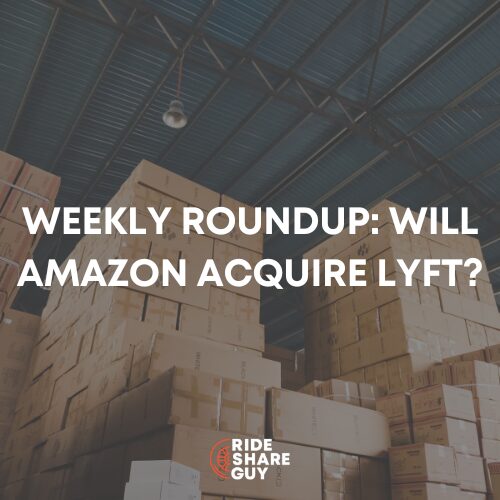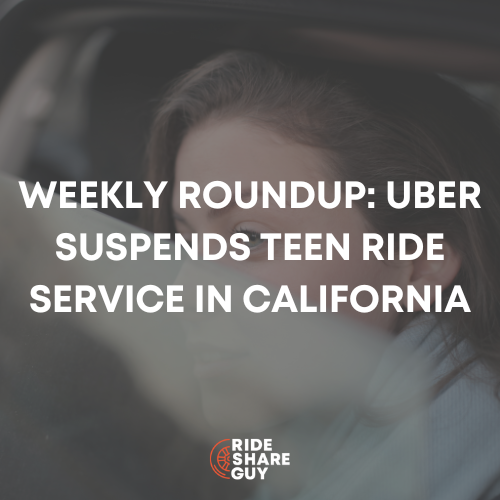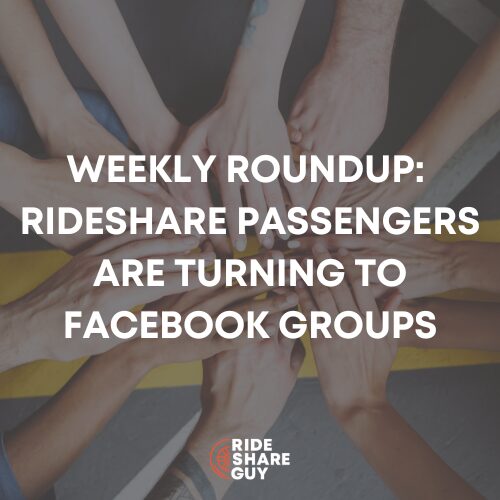Update (12/11/2015): Uber recently sent out an updated partner agreement in response to the latest ruling in this case. Make sure you check out our latest article: Should Drivers Opt Out of Uber’s New Driver-Partner Agreement?
Harry here. We’ve been following the Uber Misclassification Lawsuit closely over the past year, and today RSG contributor Christian Perea shares an important update with you.
If you’d like to learn more or get some background on the case, make sure you listen to our interview with Shannon Liss-Riordan on the podcast, who is the attorney representing Uber drivers in this case.
And here’s some more background we’ve written:
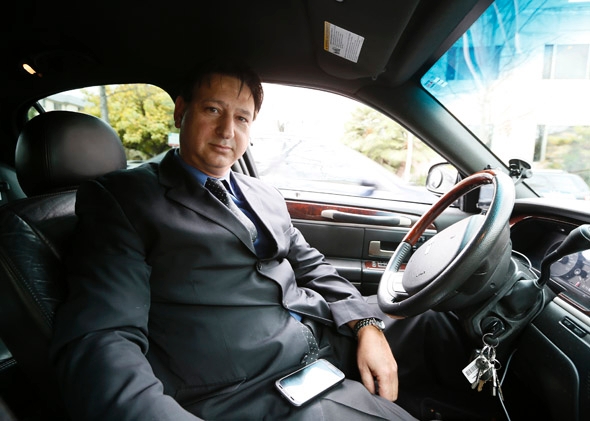
On Wednesday, U.S. District Court Judge Edward Chen expanded the scope of the potential damages and participants in the case that seeks to reclassify Uber Drivers as employees instead of contractors. Previously, Judge Chen had ruled that only a narrow number of California Uber drivers who had not opted out of Uber’s arbitration and driven before May of 2014 would qualify for the class action suit (basically nobody).
If you’re a driver in CA, you may remember being forced to opt in to this arbitration clause in order to be able to go online all the way back in 2014. It’s kind of shady how Uber makes drivers agree to new service fees and these types of agreements before going online, so regardless of your position on the case, we’re glad to see the judge recognize this. In fact, this is what is known as forced mandatory arbitration and it is vehemently opposed by consumer groups as it passes the costs of litigation on to the consumer.
Arbitration Clause Unenforceable
Judge Chen stated that drivers who have agreed to Uber’s arbitration clause through their partner contract (basically any Uber driver) can now be included in the class, as the arbitration clause set by Uber was unenforceable. The vast majority of Uber drivers in California can now seek repayment for mileage at the IRS rate of 57.5 cents per mile, plus a portion of their smartphone bill.
Previously, Judge Chen has also said drivers could seek repayment for tips from Uber after Uber had marketed that tips were included for the driver. This means drivers can seek anywhere form 10-20% of the fare of every ride given since they started driving for Uber.
This is a big deal because until now, the case affecting the status of employment for Uber drivers only affected a small and narrow group of Uber drivers. Now that the arbitration clause has been neutered, every driver who has given a ride on the Uber platform in California will be affected by this case. Further, this case is laying the foundation and precedent for other cases against Lyft, Postmates, and other on-demand companies. If you drive in California, this decision affects you and, even if you don’t, depending on the outcome, it could be appealed to apply to all drivers nationwide.
Drivers excluded are those who work for limo companies or those who partnered with Uber as a corporation.
What is Forced Mandatory Arbitration?
Forced mandatory arbitration basically is an agreement to settle disputes outside of court under the condition that business will not be transacted unless you agree to that clause. It is vehemently opposed by consumer rights groups because it is viewed as stacking the cards against consumers or employees. Let me give you a football example of how it screws you;
Uber says it will only do business with you if you agree to settle all disputes via a football match. Here are the conditions;
- The football match must take place in Uber’s stadium.
- You must travel to Uber’s stadium and pay for it all. Their stadium is probably in Delaware.
- It must use their referees, which they are paying for. (Judges/Arbitrators).
- You must provide your own football team (lawyers).
- Uber will provide their own NFL All-Star football Team (their well paid lawyers).
- You must pay a (large) fee to initiate the game.
- If you lose, you must pay for EVERYTHING, including the drugs that the opponents team used.
So basically, forced mandatory arbitration makes it so every consumer must face-off with a large and well built legal machine on their own. One at a time. In a special stadium, using a special team, which is specially built to make you lose.
Uber Plans Appeal. No Surprise There.
Uber argues that the vast majority of its driver force works part-time and that drivers value “being their own boss.” By classifying drivers as employees, they imply that drivers would lose much of the flexibility of driving on the Uber platform. Since the driver pool is so large and diverse, certifying them as a class is not appropriate. Basically the argument by Uber is that no driver is the same and, because of that, they shouldn’t be certified as a class altogether.
Next Step: Summer Trial
The case to certify all of California’s Uber drivers as employees will go to trial this summer. If it is ruled that drivers are employees, then the plaintiff attorney Shannon Liss-Riordan has stated that she plans to pursue the case on a national level. This case is the furthest along in a stream of lawsuits against on-demand companies like Lyft, Uber, Postmates, and others that seeks to classify 1099 Gig workers as employees.
Drivers, what do you think about the latest ruling and what it means for drivers?
-Christian @ RSG
